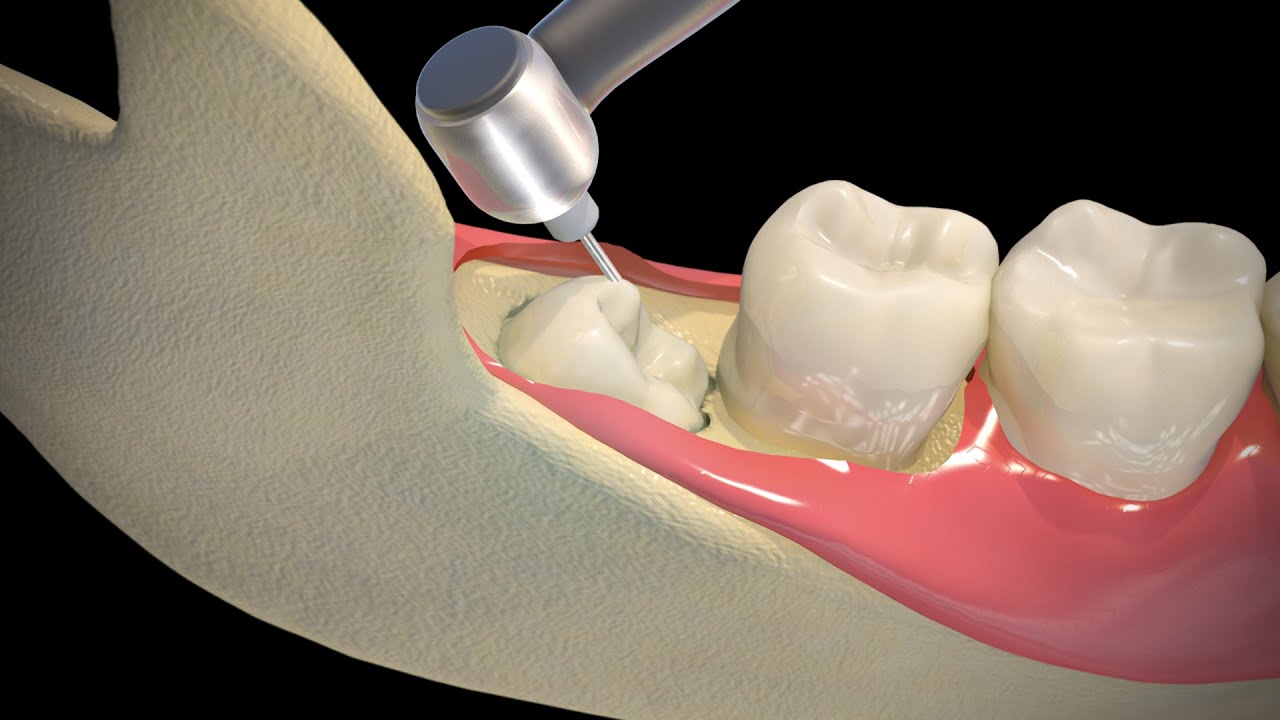Wisdom tooth removal is a common procedure that many individuals undergo, but like any surgery, it comes with potential risks and complications. How to avoid complications after wisdom tooth removal is a question many patients have, and understanding the proper care and recovery guidelines can ensure a smooth healing process. In this article, we’ll provide essential tips for avoiding common issues following Wisdom Tooth Extraction and how to promote a quick and safe recovery.
Follow Post-Operative Care Instructions Carefully:
The key to preventing complications after wisdom tooth removal lies in following the post-operative care instructions provided by your dentist or oral surgeon. These instructions are designed to minimize the risk of infection and ensure proper healing.
- Rest and Recovery: Make sure to get plenty of rest in the first few days following the procedure. Avoid strenuous activities to prevent unnecessary strain on the healing area.
- Avoiding Smoking and Alcohol: Smoking and alcohol can interfere with the healing process and increase the risk of infection. It’s essential to avoid these during recovery.
- Taking Medications as Directed: Follow your dentist’s recommendations on painkillers and antibiotics. Taking them as prescribed can help manage pain and prevent infections.
Manage Swelling and Pain Effectively:
Swelling and discomfort are normal after wisdom tooth removal, but managing these symptoms properly can significantly reduce the risk of complications.
- Use Ice Packs: Apply ice packs to your face during the first 24 hours to reduce swelling. Apply the ice for 15-20 minutes on and off, as this will help control inflammation.
- Take Pain Medications: Over-the-counter pain relievers, such as ibuprofen, can help manage mild to moderate pain. If your dentist prescribes stronger pain medication, make sure to take it as instructed.
- Elevate Your Head: When resting, keep your head elevated on pillows to reduce swelling. This can be particularly helpful when sleeping, as it encourages blood flow away from the extraction site.
Maintain Oral Hygiene Without Disrupting the Healing Area:
Proper oral hygiene is crucial during recovery, but it’s important to avoid disturbing the extraction sites while cleaning your mouth.
- Gentle Brushing: Brush your teeth gently, avoiding the extraction area for the first few days. After the first few days, you can begin brushing near the area with care.
- Saltwater Rinses: After 24 hours, gently rinse your mouth with warm salt water to help reduce swelling and prevent infection. This can help clean the area without causing damage to the healing tissues.
- Avoid Using Straws: Avoid sucking through straws for at least a week after the procedure. The suction can dislodge the blood clot that forms in the extraction site, leading to dry socket, a painful condition that can delay healing.
Watch for Signs of Infection or Other Issues:
Monitoring your recovery closely is important for detecting potential complications early. If you notice any unusual symptoms, contact your dentist immediately.
- Signs of Infection: If you notice increasing pain, swelling, pus, or a bad taste in your mouth, these could be signs of infection. Contact your dentist right away to prevent it from worsening.
- Dry Socket: A common complication after wisdom tooth removal is dry socket, where the blood clot at the extraction site becomes dislodged. Symptoms include severe pain and a foul odor. If this happens, seek immediate dental care.
- Persistent Bleeding: While some bleeding is normal in the first few hours, if you experience persistent or heavy bleeding, it’s important to reach out to your dentist.
Eat Soft and Nutritious Foods During Recovery:
After Wisdom Tooth Extraction, eating the right foods is crucial for your recovery. It’s important to choose soft foods that won’t irritate the extraction site.
- Soft Foods: Stick to soft foods like yogurt, mashed potatoes, soup, and smoothies in the first few days after surgery. Avoid hard, crunchy, or spicy foods that can irritate your gums and hinder the healing process.
- Stay Hydrated: Drinking plenty of water helps with overall healing. However, avoid hot beverages and alcohol, as they can interfere with the healing process.
- Avoid Chewing Near the Extraction Site: Try to chew food on the opposite side of your mouth from the extraction site to avoid putting pressure on the healing area.
Keep Follow-Up Appointments with Your Dentist:
Post-operative care doesn’t stop after you leave the dentist’s office. Follow-up appointments are essential for ensuring that your recovery is on track and to address any issues that may arise.
- Regular Checkups: Attend all follow-up appointments as scheduled by your dentist or oral surgeon. These appointments allow the dentist to check the extraction sites for any signs of complications.
- Address Concerns Promptly: If you notice any unusual symptoms, such as persistent pain, swelling, or bleeding, let your dentist know right away. Early intervention can help avoid more serious complications.
- Removal of Stitches: If your dentist used stitches, they will likely need to be removed after a week or so. Be sure to attend your follow-up visit to ensure everything is healing properly.
Conclusion:
Avoiding complications after wisdom tooth removal requires careful attention to post-operative care, maintaining oral hygiene, and monitoring for signs of issues such as infection or dry socket. By following your dentist’s instructions closely, managing pain and swelling, and being mindful of what you eat and drink, you can help ensure a smooth recovery. If any problems arise during the healing process, don’t hesitate to contact your dentist for guidance. With proper care and attention, most individuals can heal quickly and return to normal activities without significant complications.

